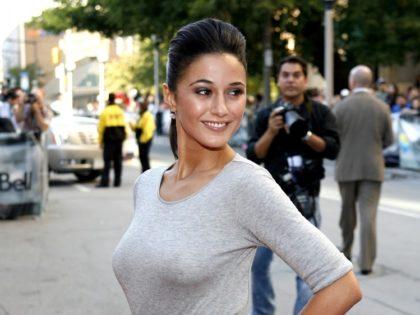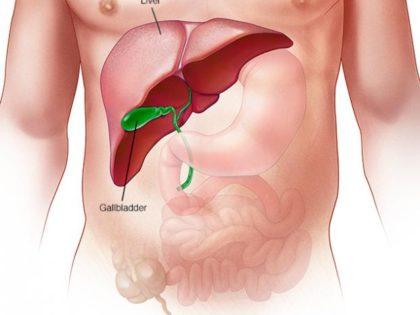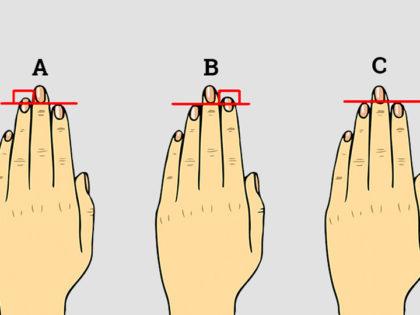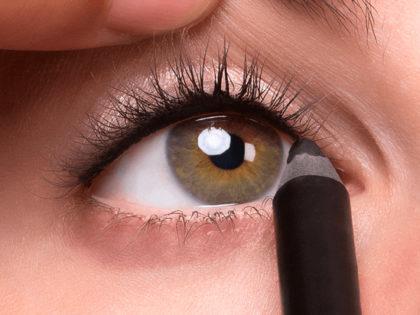7 Ways Our Brain Works Without Instruction
Blinking
Blinking comes to us as naturally as anything else. We blink approximately every two to ten seconds, without ever consciously being aware of it. It’s all thanks to the brain for making us blink as an automatic reflex, to sustain the levels of moisture in our eyes. The outside corner of our eyes constantly produce tears which gets wiped away when we blink, and our eyesight remains pure.
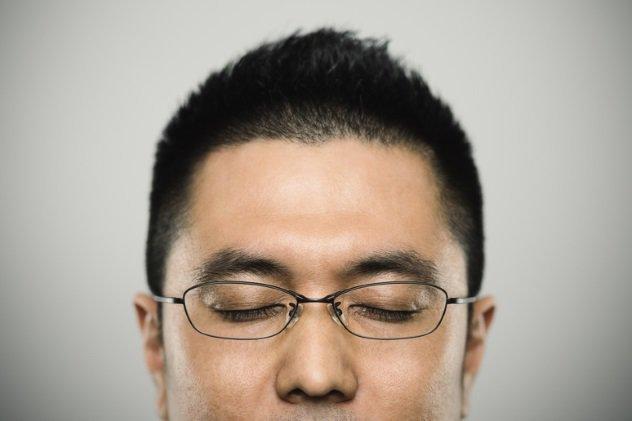
The automatic reflex is what makes us close our eyes when something is about to strike our face. Our blinking patterns are pretty regular, unless we try to stop or change it deliberately. But even then, your brain will take over and you will end up blinking eventually.
Altering Our Memory
Memory is a tricky thing – we might think only things we actually saw, heard, experienced gets stored in our memories, but really our brains are quite receptive to manipulation. Sometimes, our brain ends up replacing the original memory with a modified one due to some external influences.

If we are told one thing again and again, our brains end up making us believe it. Even certain words and annotations made when we talk about a certain incident makes us remember it differently. In 1974 Elizabeth Loftus and John Palmer carried out a psychological study that demonstrated this perfectly. They showed participants a video of a car crash and asked them questions about it. The way the participants remembered the occurrences of the clip ended up being influenced by the way the questions were worded.
Regulating Temperature
The ideal temperature for a human body is at 37 degrees Celsius (98.6 °F), which is when the organs in our body work best. Our brain regulates our body heat to keep it as close to this level as possible.

This is an automatic response that is triggered by the information that is picked up and sent to the brain from sensory receptors in our skin. For instance, if the external environment is too hot, our bodies are told to produce sweat so that the body heat can be reduced through evaporation. And when the climate is too cold, signals sent from the brain instruct the hairs on our arms and legs to stand up, which will assist them to trap in more heat and warm our bodies. This is also why we shiver when we feel cold, which as action that is triggered automatically and helps increase body temperature.
You May Like
-
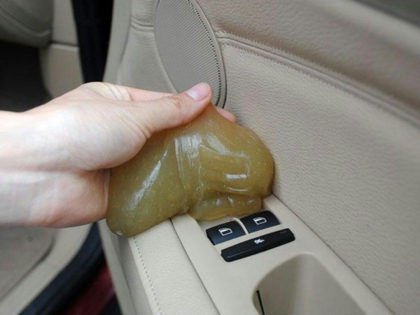
12 Car Cleaning Tricks Local Dealers Don’t Want You to Know
-

14 Cancer Symptoms You Are Most Likely To Ignore
-

12 Surprising Benefits Lemons Can Do for You
-

17 Cancer Causing Foods You Have To Stop Eating
-
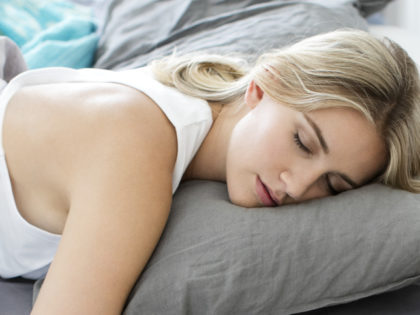
7 Reasons Why You Should Sleep On Your Left Side
-
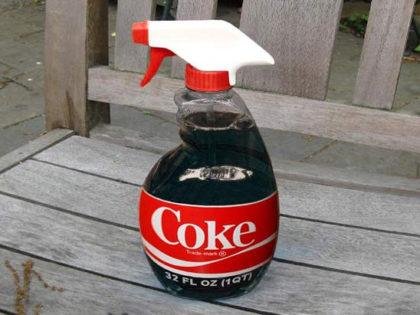
9 Things You Didn’t Know Coca-Cola Could Do
-

8 Early Warning Signs of Throat Cancer You Need to Know!
-
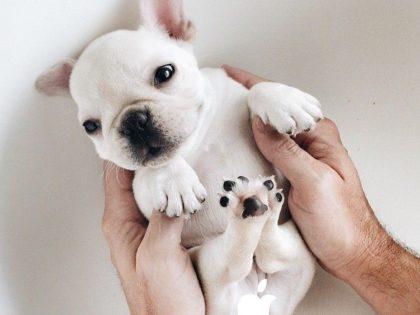
15 Best Dog Breeds For Seniors
-
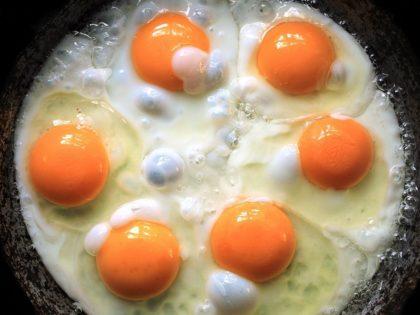
12 Things That Happen To Your Body When You Eat Eggs

